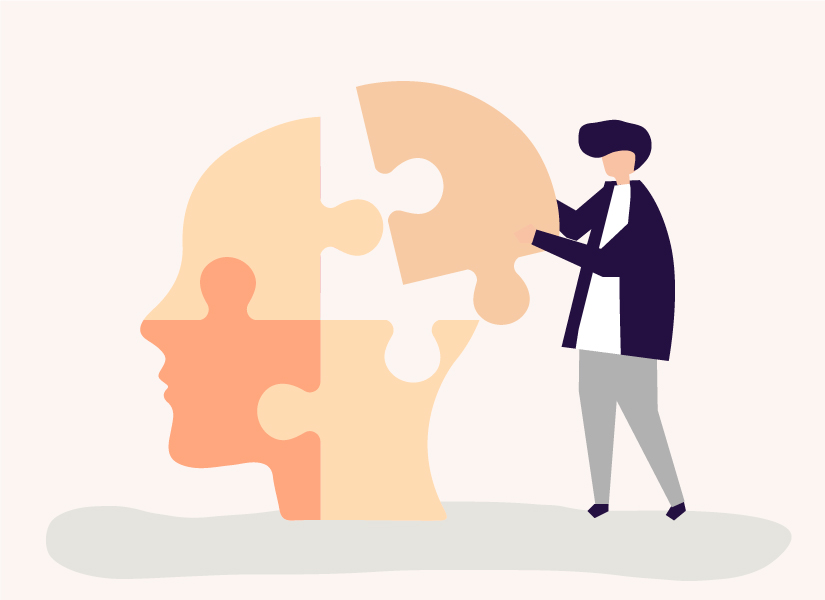
Building Emotional Resilience to Crisis through Mindfulness
- By Anjana Karumathil --
- june 16, 2020
Mindfulness, Resilience
No doubt COVID-19 continues to spike fear and anxiety worldwide. Interestingly, some of us manage these emotions better than others.
People deploy a range of strategies to manage negative emotions. One natural tendency is to ignore or deny the anxiety we experience, in the hope that it goes away by itself. But that rarely happens! In The Healer Within, Dr. Locke at Harvard Medical School suggests that while this approach may give short-term respite, increased stress associated with suppressing anxiety may reduce physical immunity in the long run, increasing our susceptibility to disease. The solution? Empowering ourselves through ‘emotional resilience’, which refers to the ability to leverage positive emotions over negatives. One way to build emotional resilience is through mindfulness practices that strengthen the logical and emotional centres of our brain. This increases our awareness of and attention in the present moment, through which we experience emotions without judgment and regulate our behavioural response to them.
It is all too easy to dismiss mindfulness as another woo-woo fad, but academic research and corporate investments in its practice demonstrate otherwise. The US Special Forces, Google, Intel & Goldman Sachs are among hundreds of organizations worldwide who run mindfulness programs to improve emotional resilience and reduce stress of their employees. Additionally, mindfulness is included in UNESCO’s EMC2 framework for global self-regulation. Hundreds of studies indicate that embracing mindfulness practice as a lifestyle can help you relax, think clearly, and stay calm under pressure. This becomes more important now, given the increased anxiety we all experience thanks to social isolation. Therefore, here are five simple research-based mindfulness practices to help you stay physically and mentally healthy in these trying times.
1. Pay attention to your thoughts: As thoughts cross your mind through the day, observe them for emotional charge and frequency of recurrence. Instead of reacting automatically to emotional content, train yourself to perceive thoughts for what they are - mere thoughts – and let them go. One way to do this is monitoring your self-talk. Instead of saying “I’m feeling afraid”, tell yourself “I’m experiencing fearful thoughts”. By repeating this many times over, anxiety-generating information becomes fleeting ideas, thereby stopping you from getting caught up in the magnetic emotion of its content.
However, this does not mean ignoring government directives simply because you may feel some anxiety following them. Check your information sources and respond with clarity and balance, as opposed to passively reacting to emotional discomfort.
2. Live in the present: In 2010, Harvard-based psychologists Killingsworth and Gilbert demonstrated that we spend 47% of our waking moments worrying about the past or the future, leaving us chronically unhappy. They advise us to live in the present. Therefore, use social isolation as an opportunity to do some inner work! Be fully engaged in your current action. If you are eating, really eat. Spend time experiencing the taste and texture of your meal instead of staring into your phone like a robot while wolfing down mouthfuls of food. If you are sharing meals or activities with friends or family, make eye contact with them and be fully present. Own the present moment.
3. Simplify your life: Observe how you invest time. Do you fill your day reading multiple articles about COVID-19? Is your social media feed full of disturbing information? Prioritize what you must have and decide to stop things you don’t need. Do you really need so much ‘breaking news’, toxic friendships or membership in Whatsapp groups constantly reminding you of impending doom? Whether you are an amateur bodybuilder, chef, musician, or gardener, immerse yourself in select activities you enjoy and eliminate unnecessary distractions.
4. Schedule 10 minutes before work to do ‘nothing’: In a viral TED talk, Andy Puddicombe explains how spending just 10 minutes every morning to experience physical sensations and emotions in the present could increase mental clarity throughout the day. This advice is grounded in cognitive, neuroscience and management research. Positive psychology scholars have demonstrated how professionals who practice mindfulness meditation for just a few minutes improve perception, make ethical choices, decrease substance use, and enhance working memory. Several meditation practices are available online and none of them require mats or gadgets. Try 10 minutes of breath awareness meditation recommended by the United Nations or a shorter ‘coffee meditation’ recommended in Zen Coffee: A Guide to Mindful Meditation.
5. Communicate authentically with peers: In stressful times, effective leadership consists of providing psychological safety to those around you. Check in with peers regularly and encourage them to prioritize their physical and mental health above all else. Listen mindfully as they vent their frustrations and direct them to mental health resources provided by your organization. Social isolation may flare tempers but a step towards self-leadership would be to take a mindful pause before responding to conflict. In case of collaborative projects, it is important to communicate work expectations but also be aware that some delays are inevitable as individuals may juggle multiple roles at this time.
As we stand united against an unprecedented global threat, academicians and practitioners must develop perspective so that they care for themselves, their families, and organizations. The practices above, when performed systematically over time, can accomplish this. However, these are not ‘tips’ to be forgotten once this crisis blows over; they are practices to be integrated with our lifestyle so that we are physically and mentally prepared for any crisis that may afflict us in future.


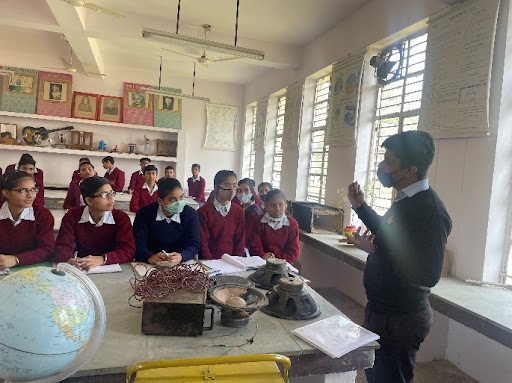
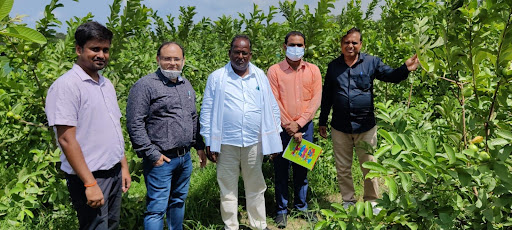


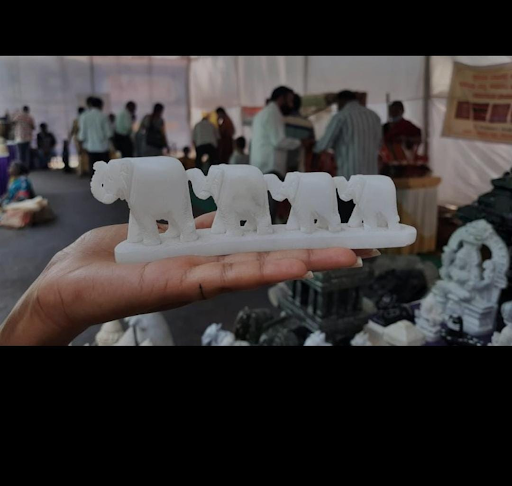
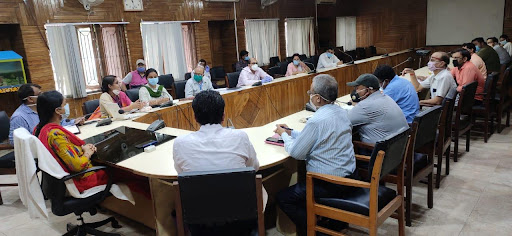





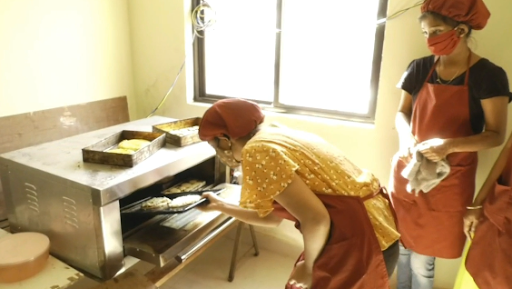
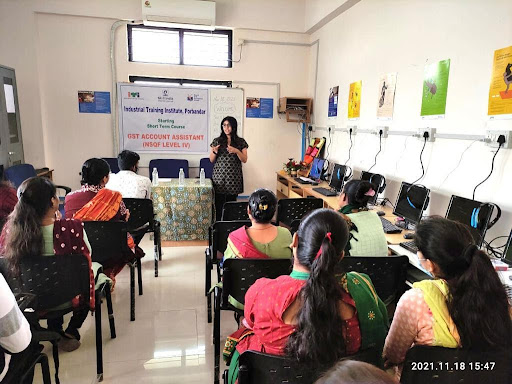
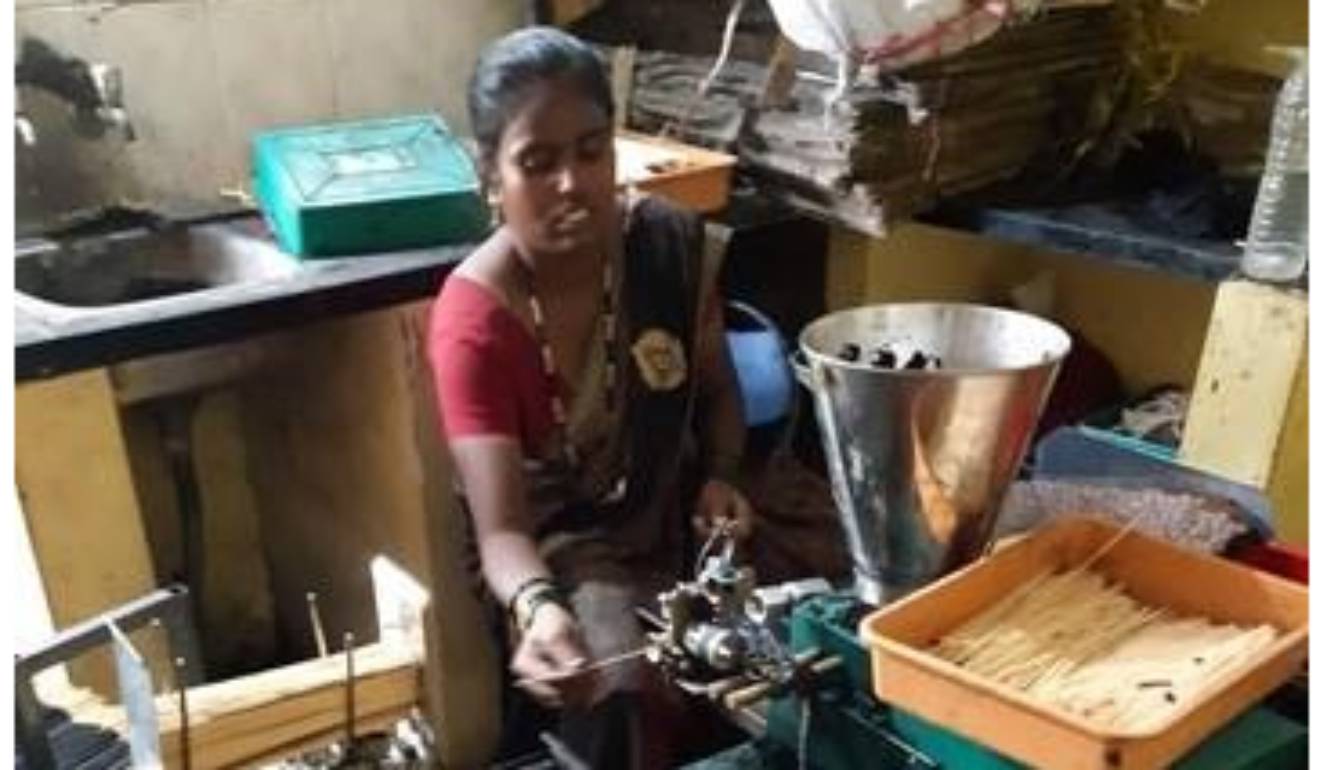
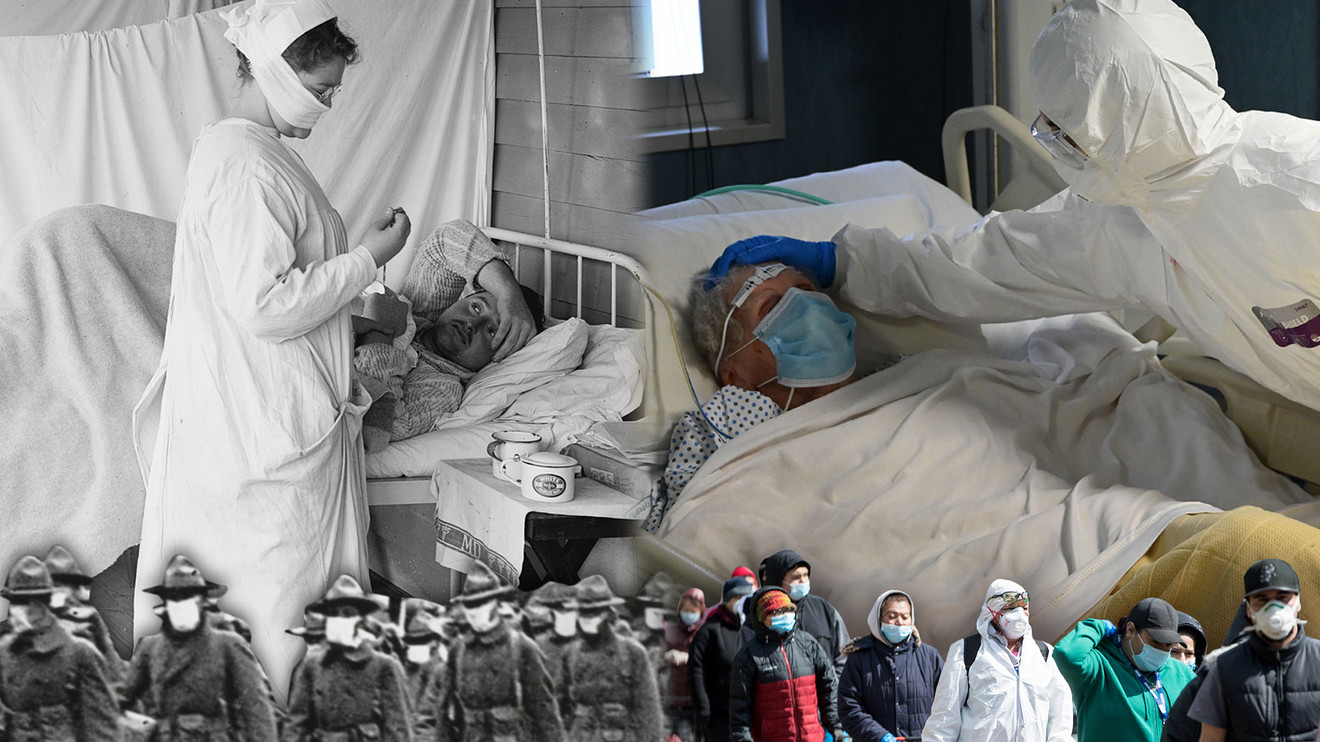
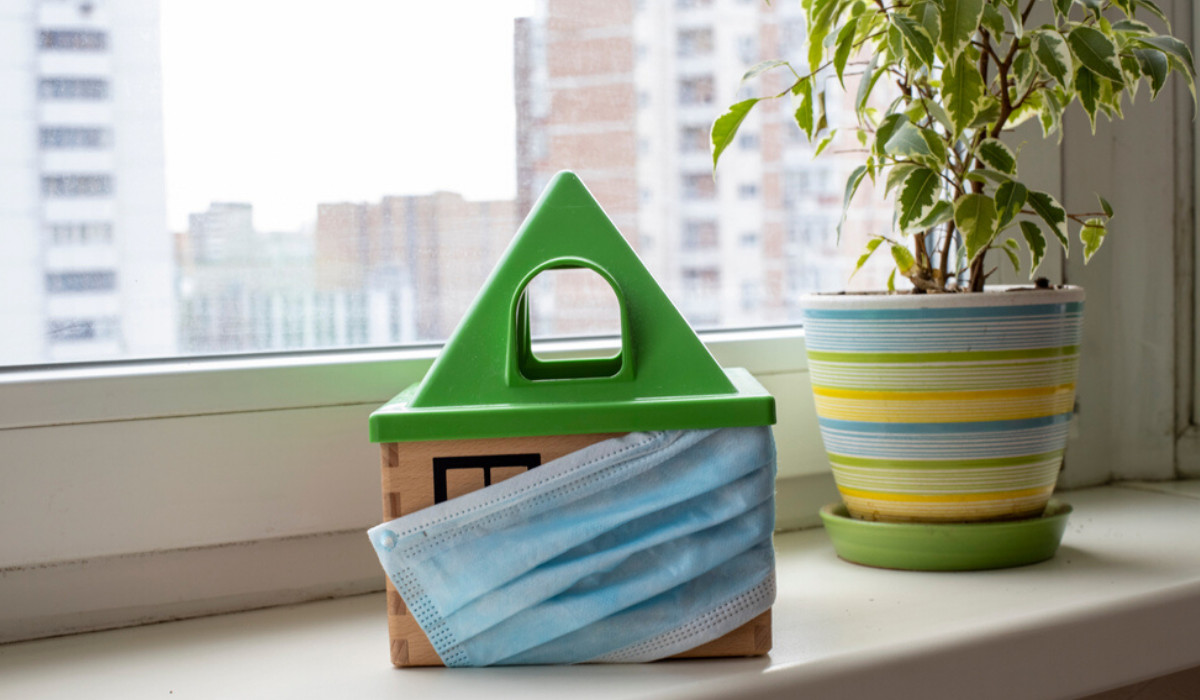

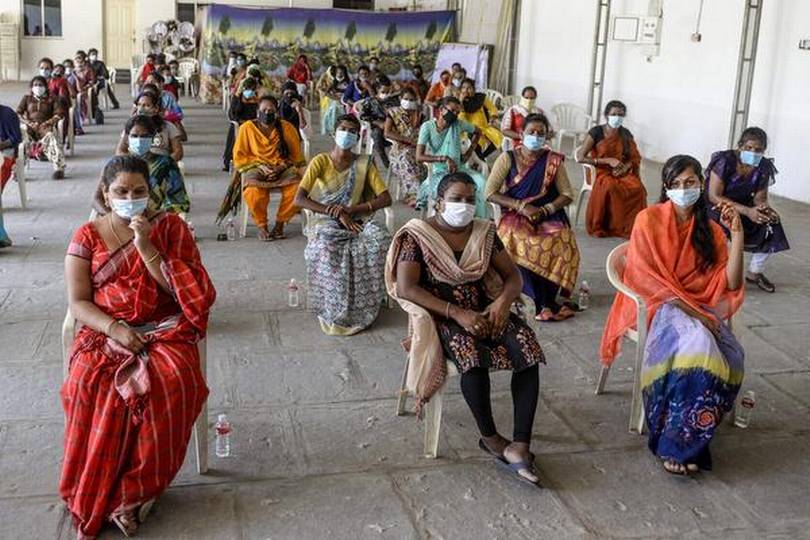
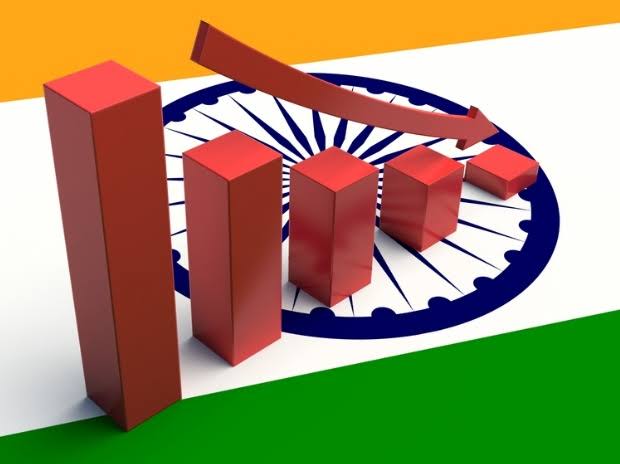

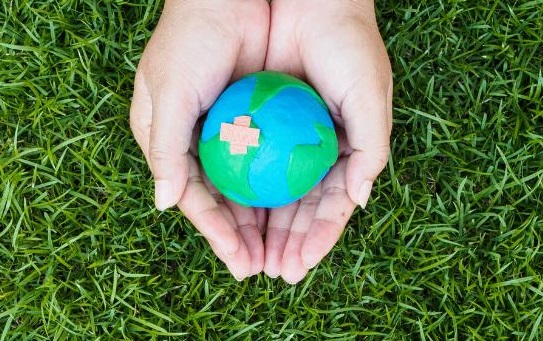

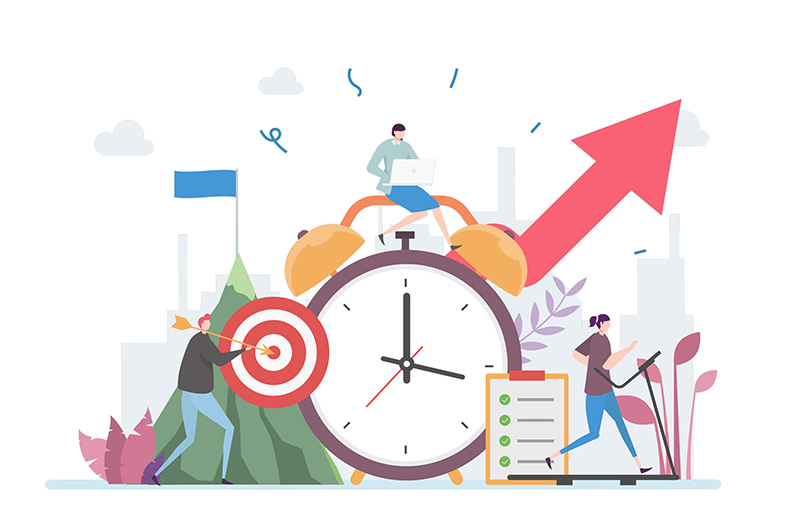
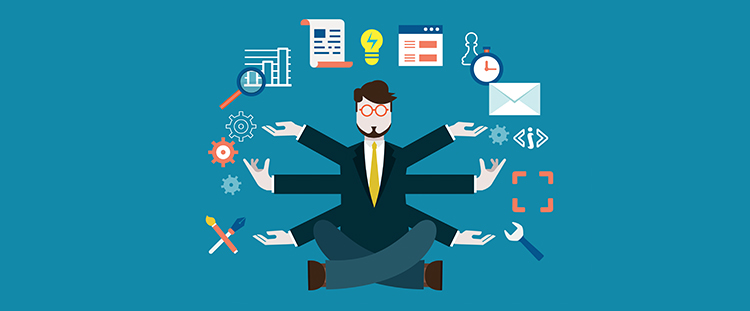
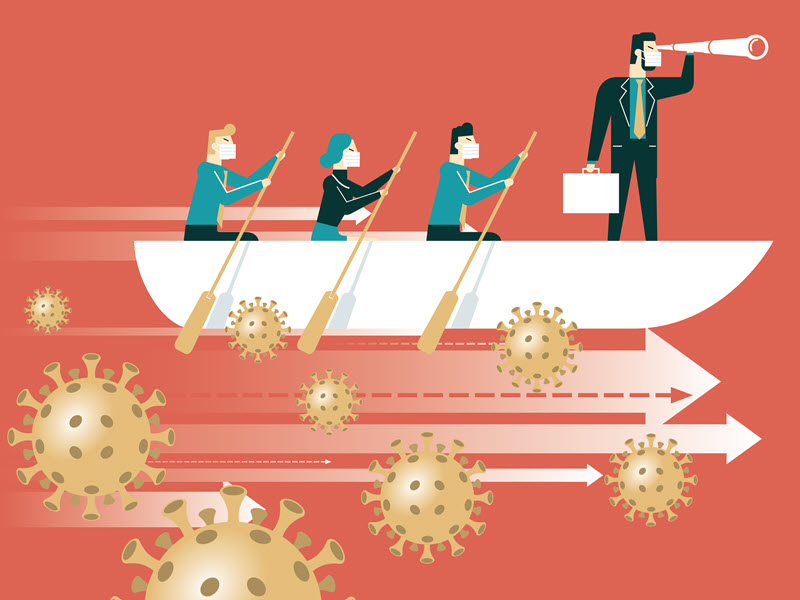
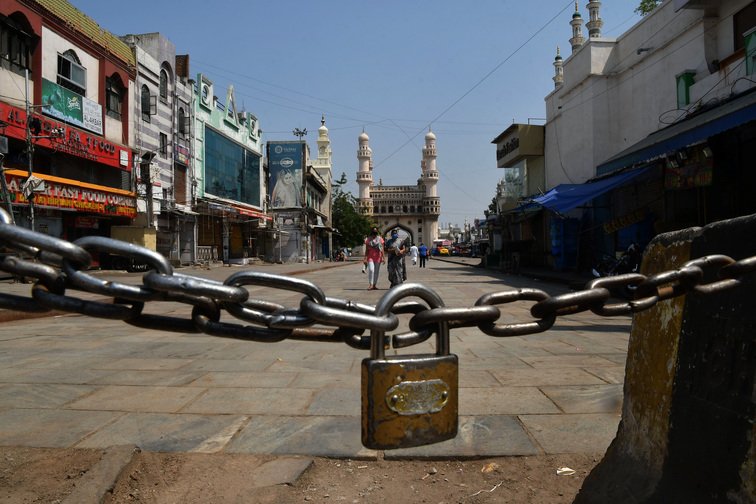
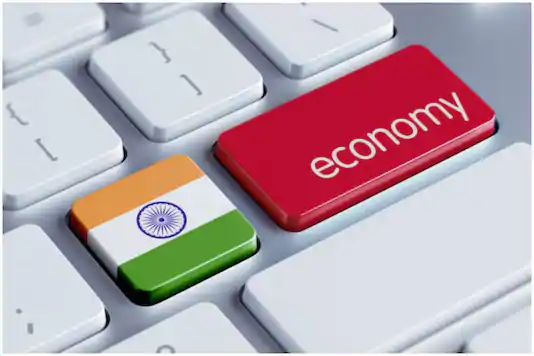
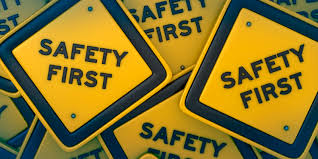

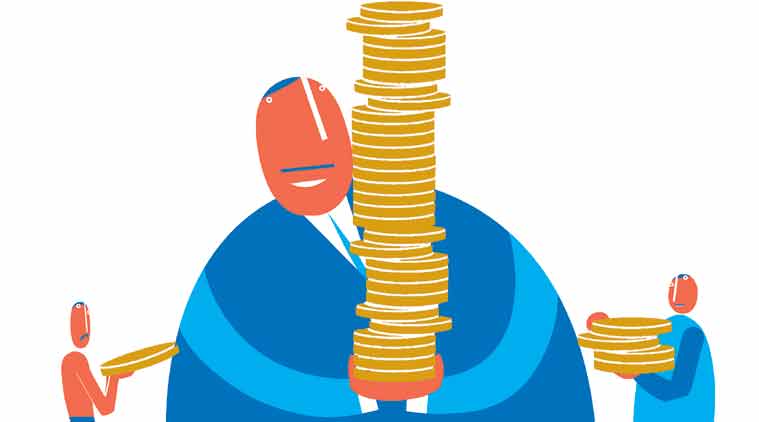
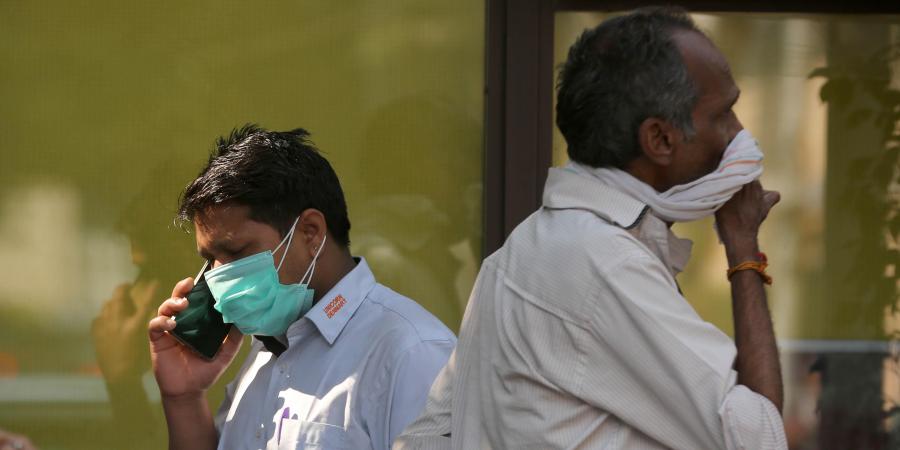
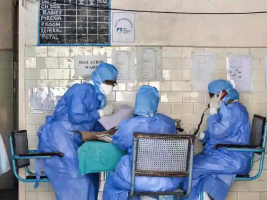
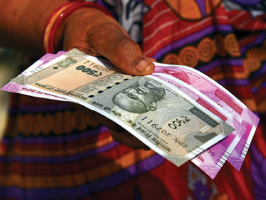

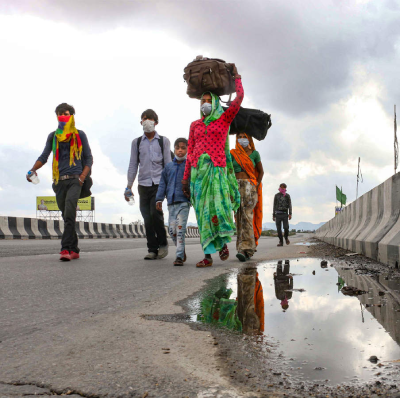
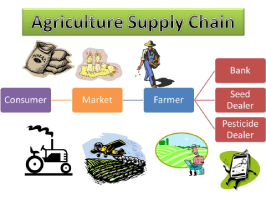
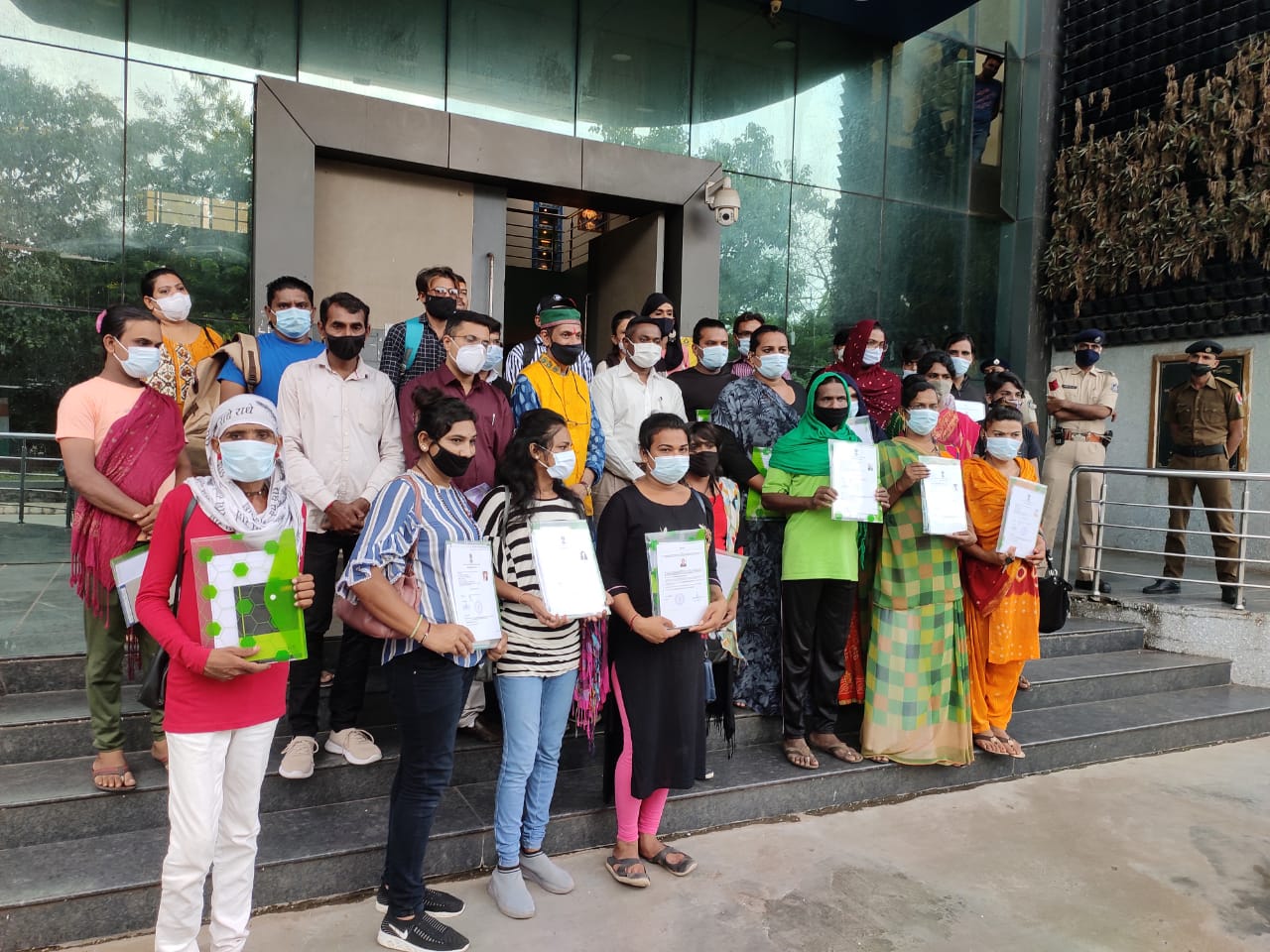
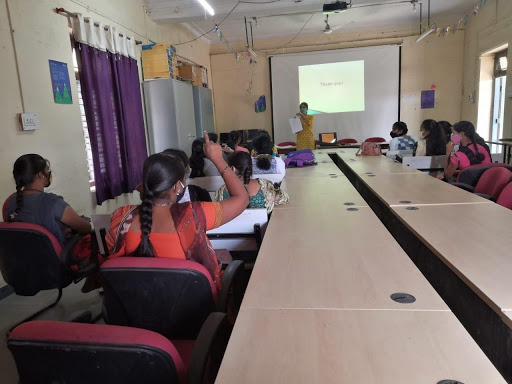




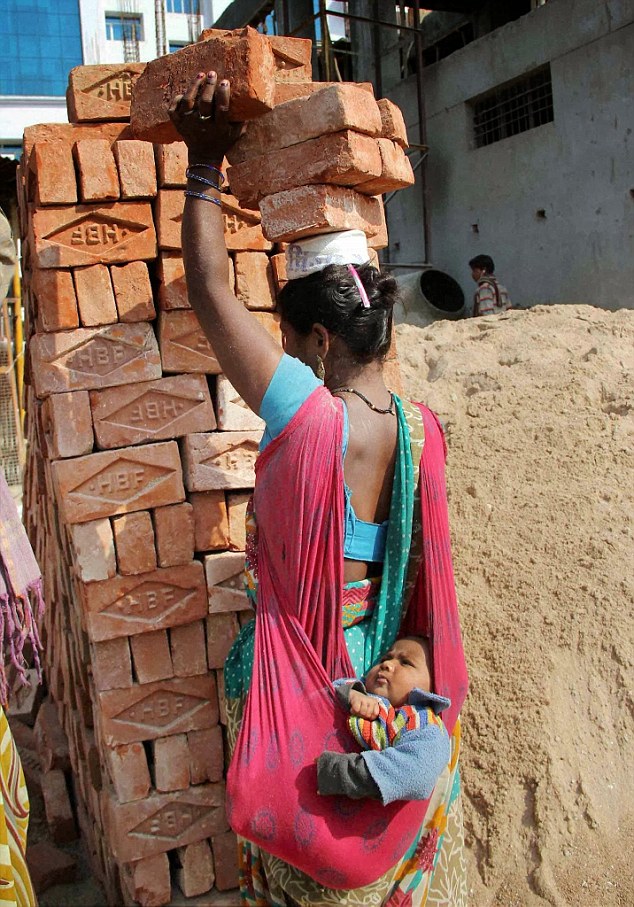

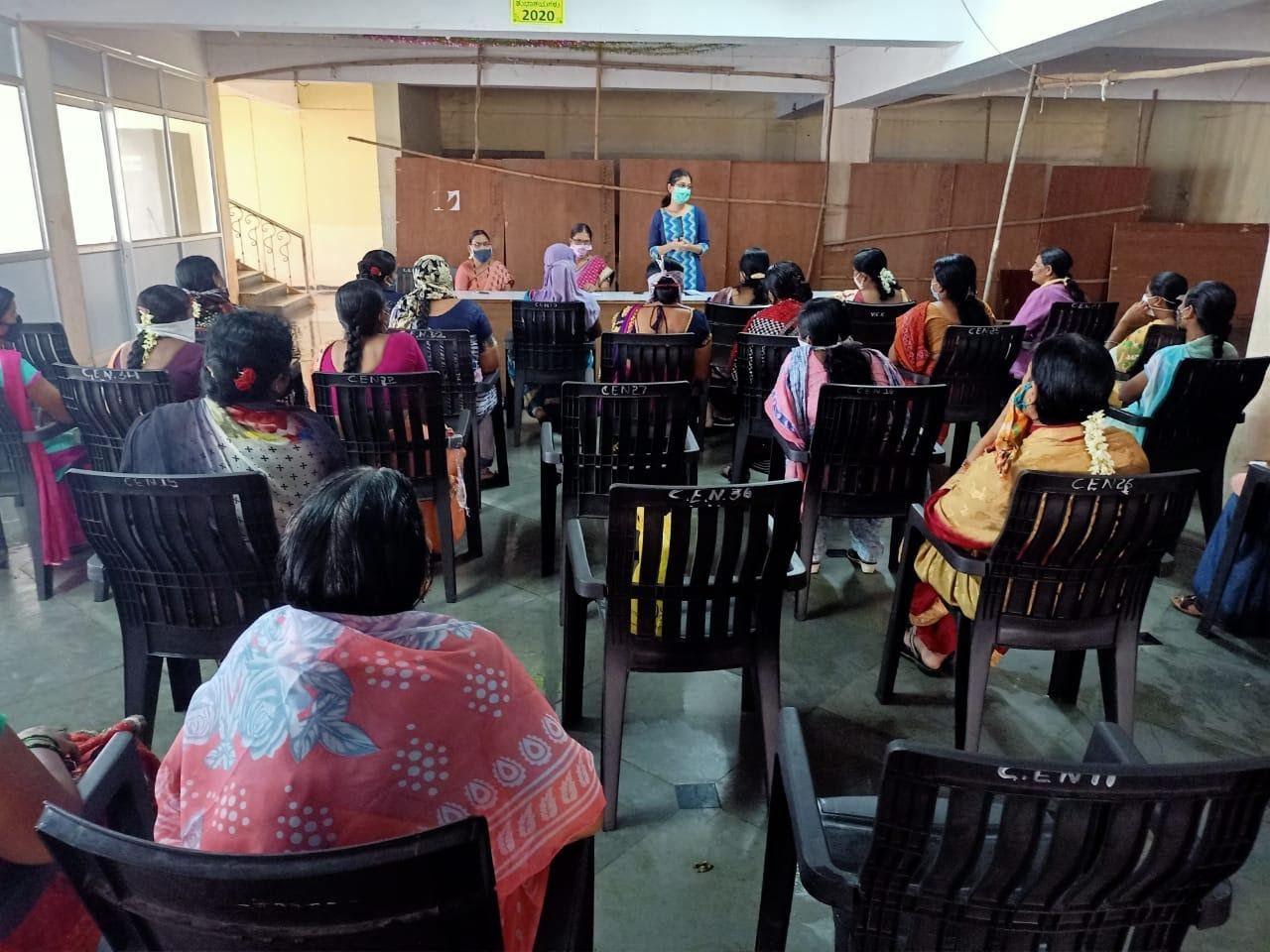



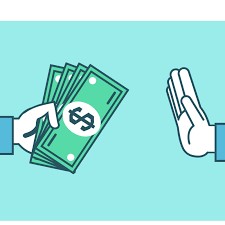
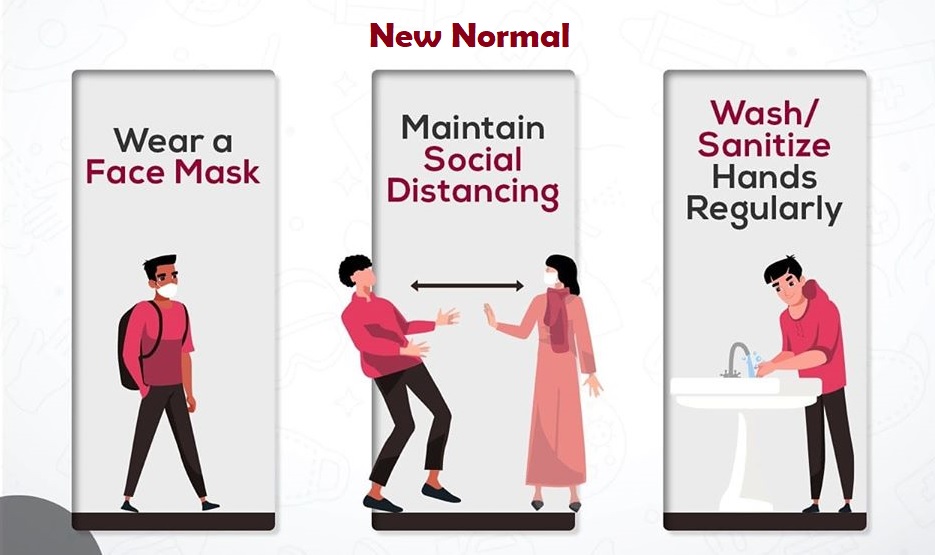


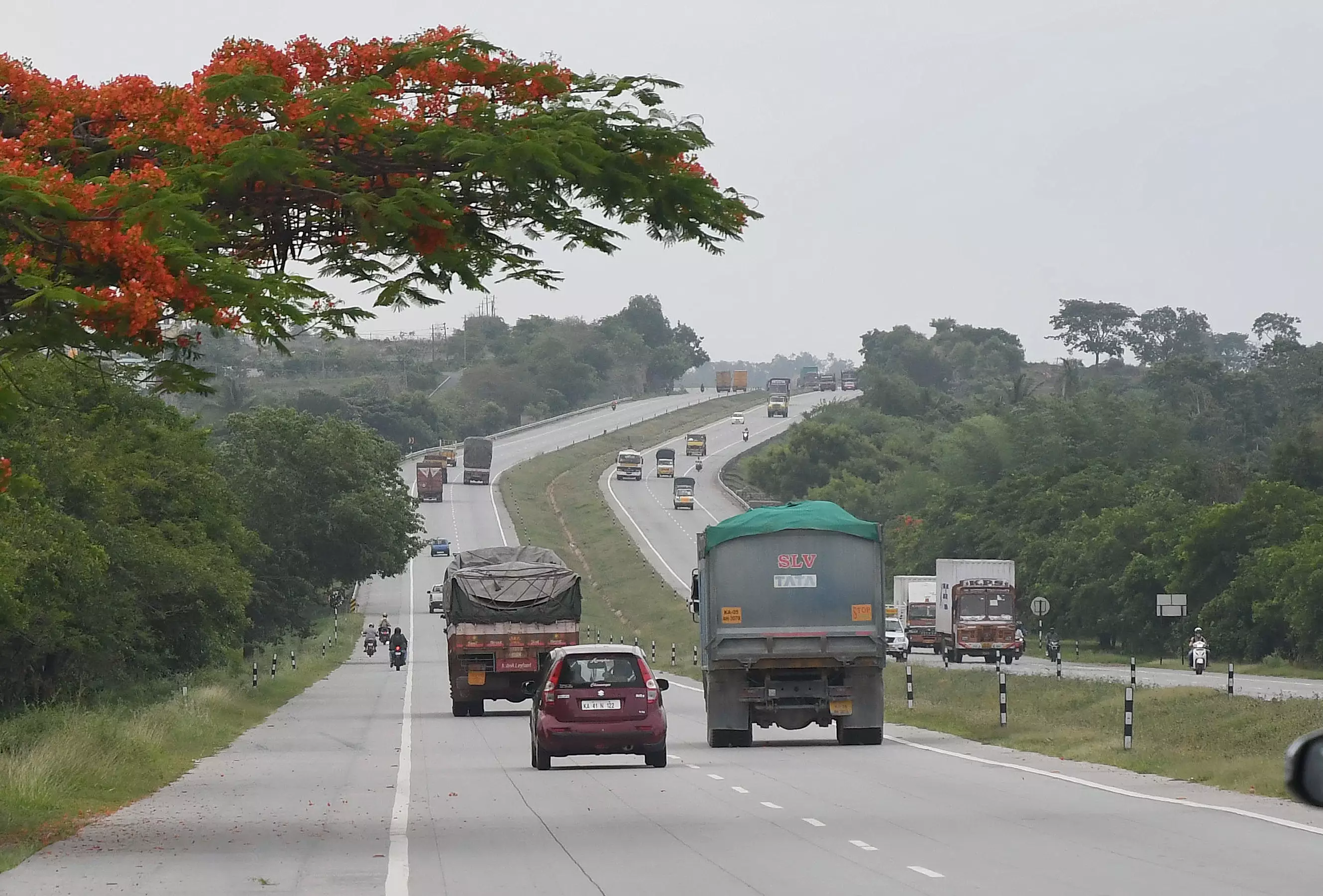
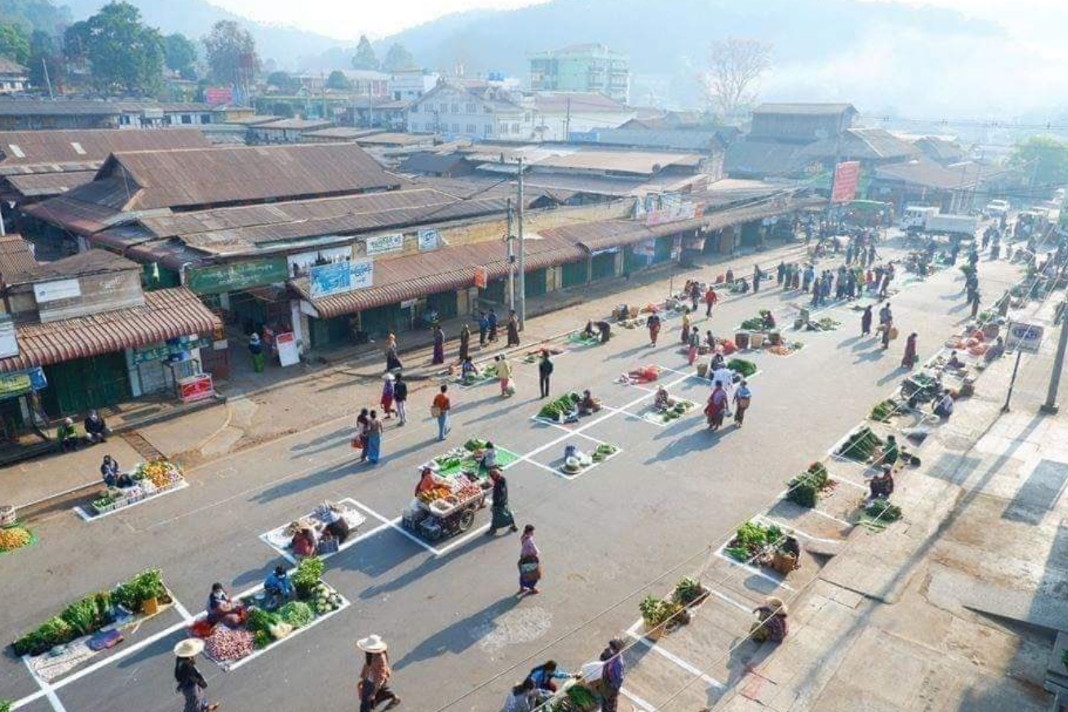



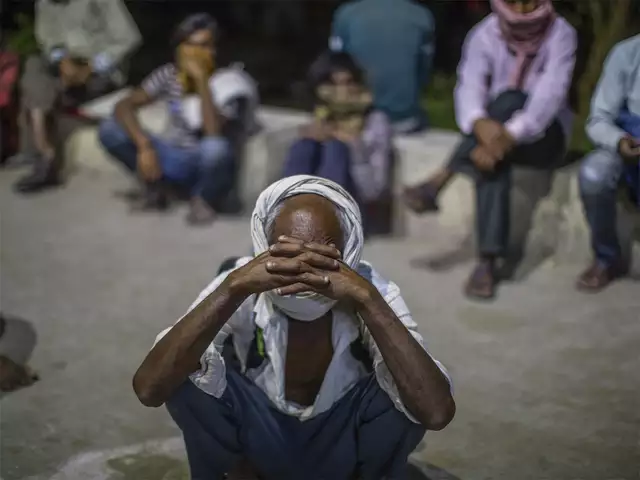

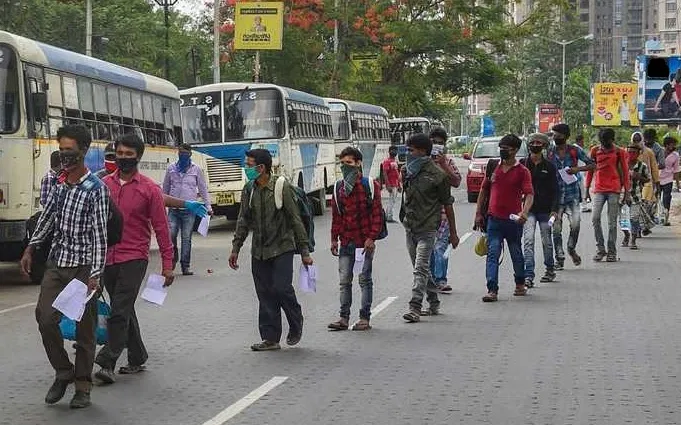


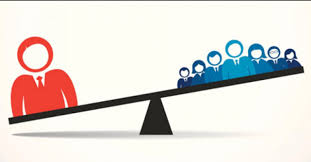

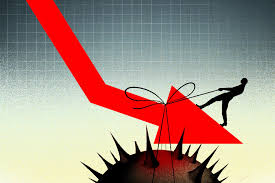
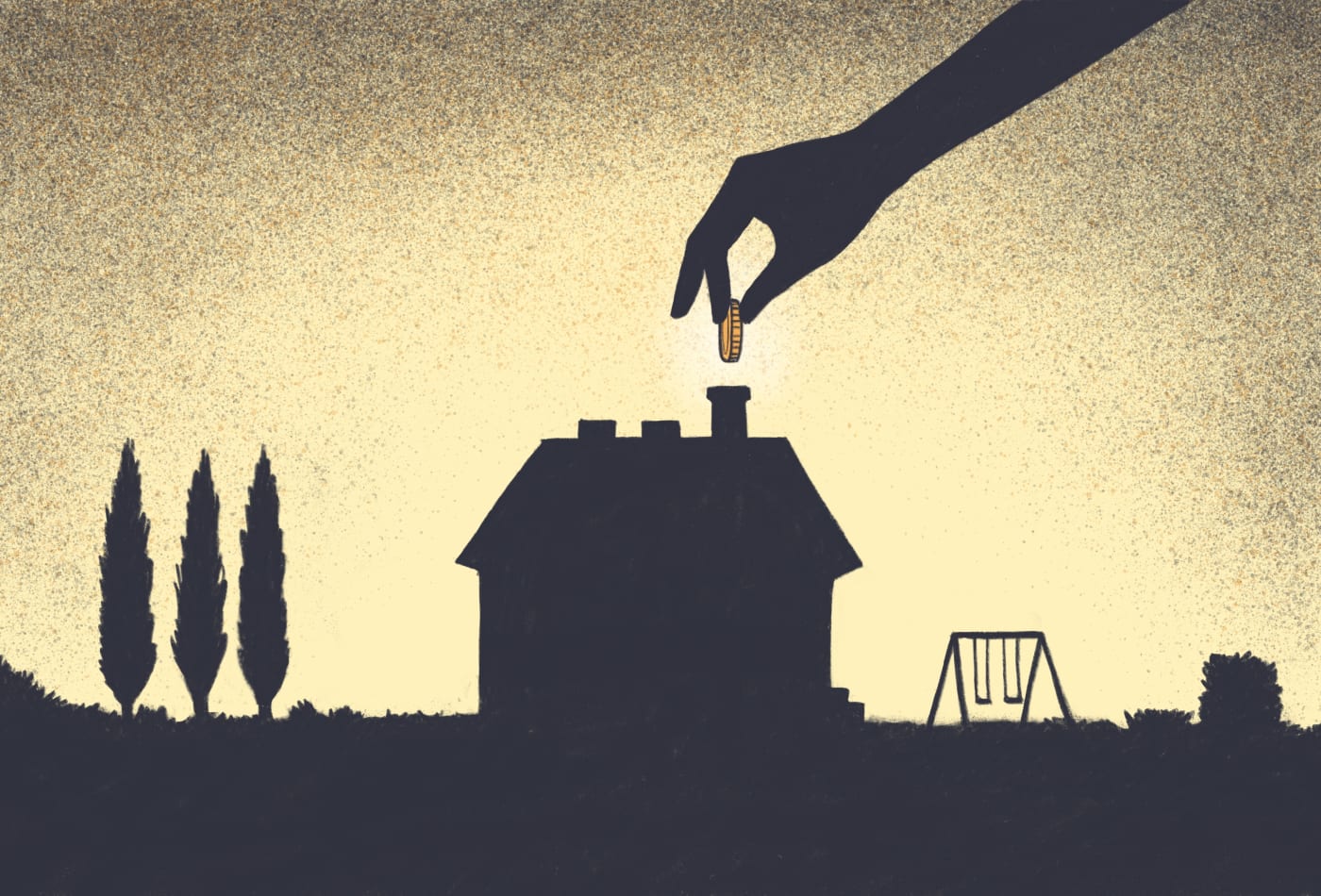
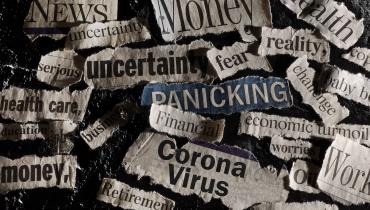


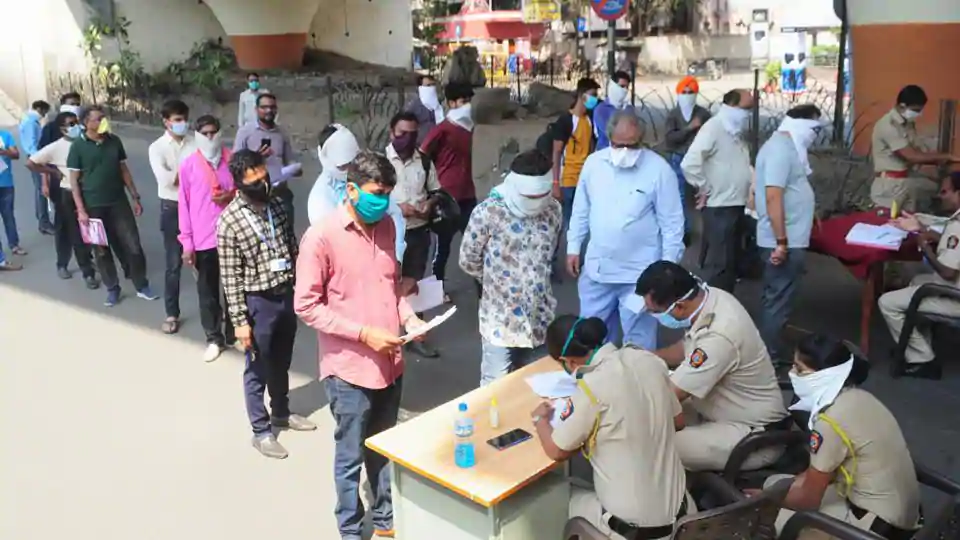
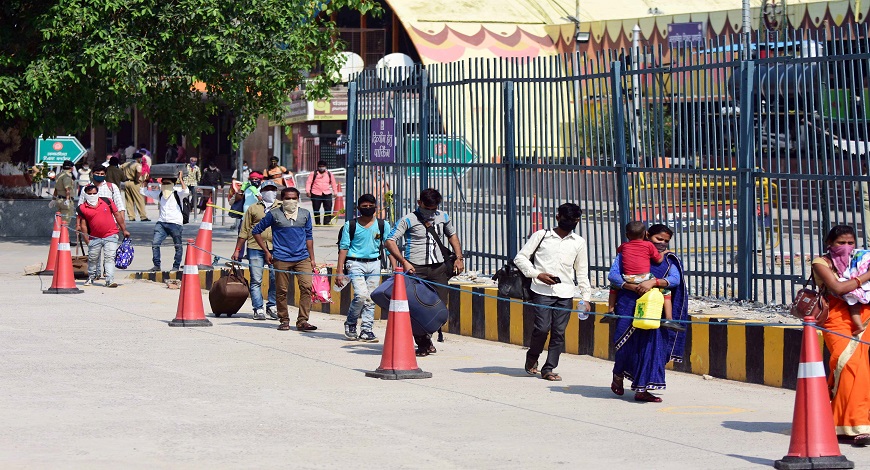
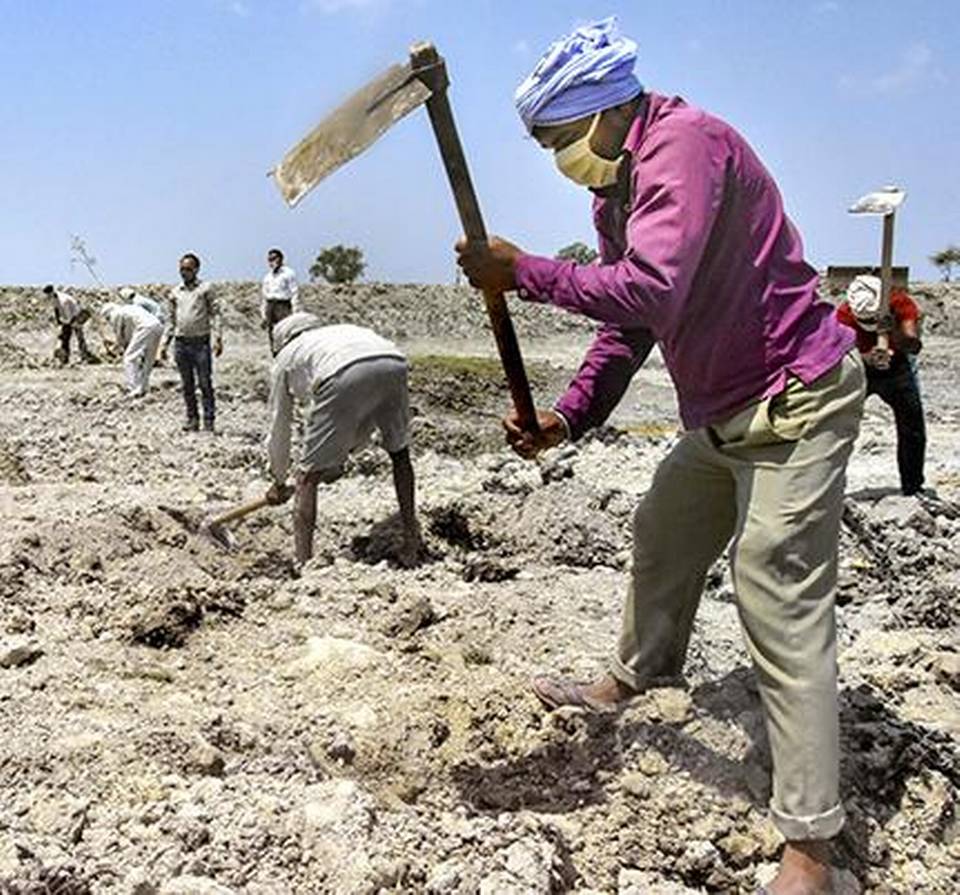
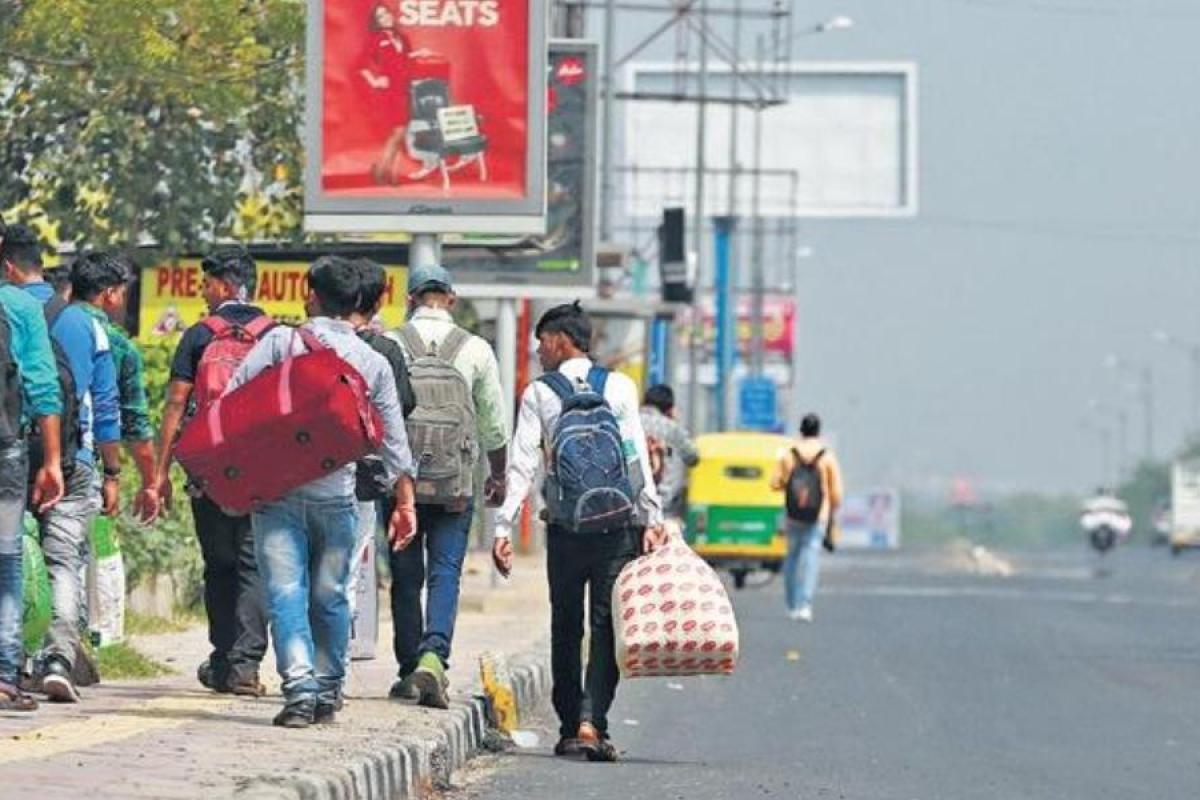
Anjana Karumathil